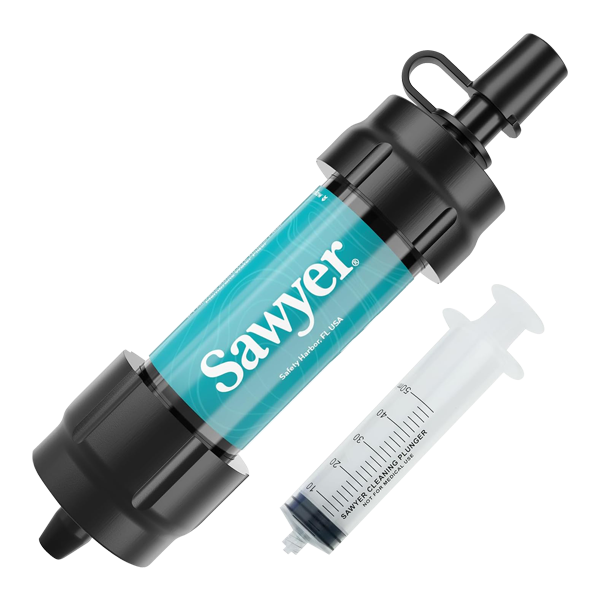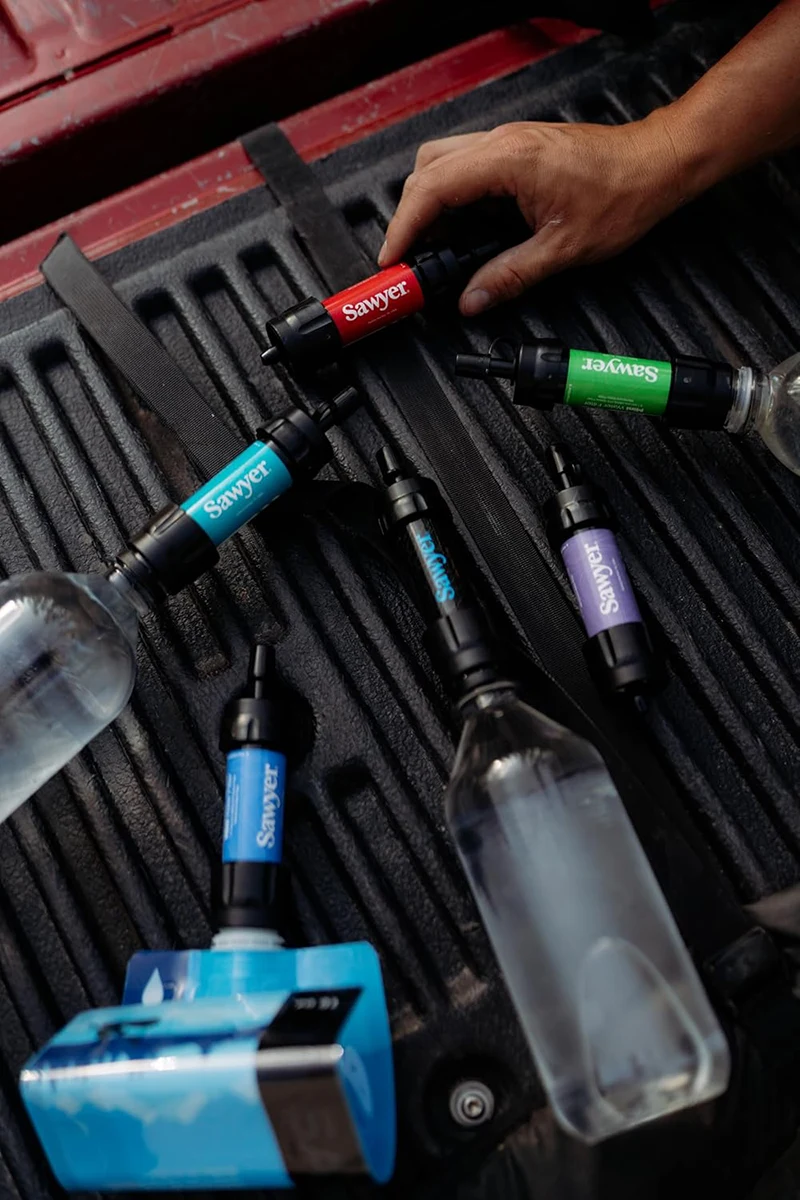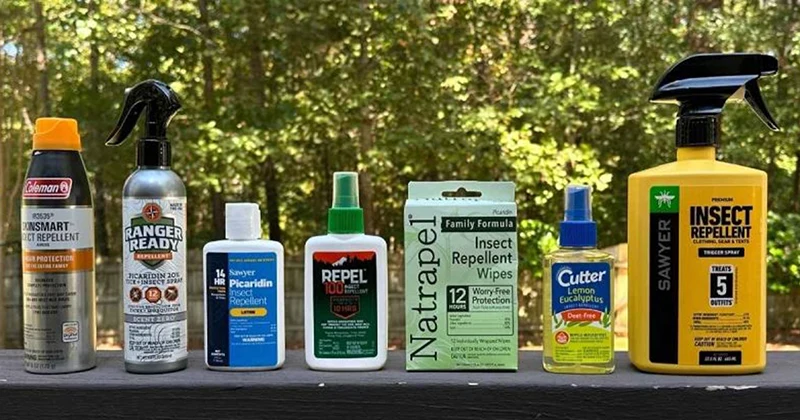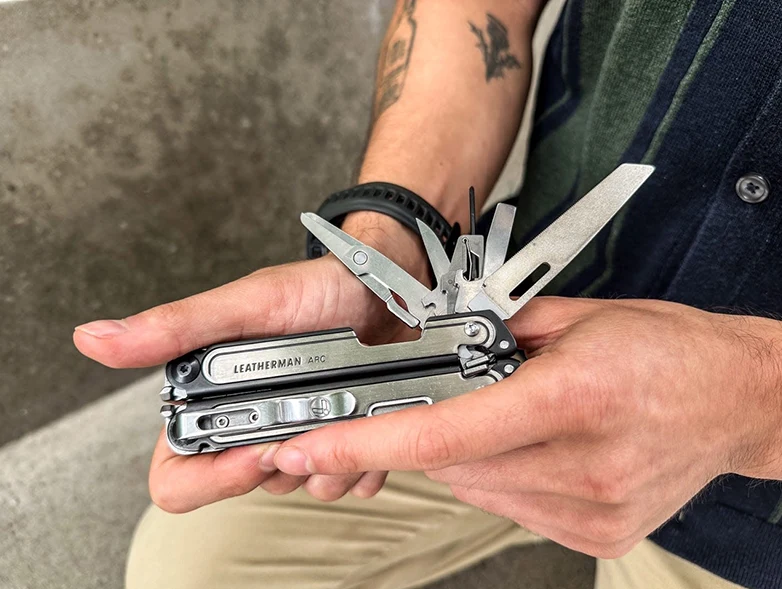MSN: The Best Clothing, Chemicals, and Sprays to Prevent Tick and Chigger Bites
MSN: The Best Clothing, Chemicals, and Sprays to Prevent Tick and Chigger Bites

MSN: The Best Clothing, Chemicals, and Sprays to Prevent Tick and Chigger Bites
YouTube video highlight
The Best Clothing, Chemicals, and Sprays to Prevent Tick and Chigger Bites
Read more about the projectThe Best Clothing, Chemicals, and Sprays to Prevent Tick and Chigger Bites
Ticks and chiggers don’t play nice. They latch on to boot tops and pants bottoms and begin their insidious ascent into cracks and crevices of your nether regions that you don’t even know you have. While your everyday, ordinary mosquito dinks you for a bit of blood and then flies off on her merry way, these bloodsuckers practically pay rent. Ticks come equipped with a spear-like structure that extends from the mouth, and it’s armed with multiple telescopic rods that end in hooked teeth. That’s how they jab into your hide, and hang tight while tick snot is literally drooled down the spear through a nifty spit channel and into your delicate flesh to thin your blood enough to slurp it up. Chiggers are even worse hangers-on. Once they find a cozy spot they inject digestive enzymes that dissolve epidermal cells, then suck up the semiliquid remains of your skin. Meanwhile, that cud of chigger spit and dissolved skin forms a hard, circular barrier around the bug that shields the chigger from every effort you make to dislodge it. The longer the chigger is attached to your flesh, the deeper this straw-like chigger fortress becomes. And the worse the itching.
Original article from MSN's website.
MSN: The Best Clothing, Chemicals, and Sprays to Prevent Tick and Chigger Bites


The Best Clothing, Chemicals, and Sprays to Prevent Tick and Chigger Bites
Ticks and chiggers don’t play nice. They latch on to boot tops and pants bottoms and begin their insidious ascent into cracks and crevices of your nether regions that you don’t even know you have. While your everyday, ordinary mosquito dinks you for a bit of blood and then flies off on her merry way, these bloodsuckers practically pay rent. Ticks come equipped with a spear-like structure that extends from the mouth, and it’s armed with multiple telescopic rods that end in hooked teeth. That’s how they jab into your hide, and hang tight while tick snot is literally drooled down the spear through a nifty spit channel and into your delicate flesh to thin your blood enough to slurp it up. Chiggers are even worse hangers-on. Once they find a cozy spot they inject digestive enzymes that dissolve epidermal cells, then suck up the semiliquid remains of your skin. Meanwhile, that cud of chigger spit and dissolved skin forms a hard, circular barrier around the bug that shields the chigger from every effort you make to dislodge it. The longer the chigger is attached to your flesh, the deeper this straw-like chigger fortress becomes. And the worse the itching.
Original article from MSN's website.
MSN: The Best Clothing, Chemicals, and Sprays to Prevent Tick and Chigger Bites


The Best Clothing, Chemicals, and Sprays to Prevent Tick and Chigger Bites
Ticks and chiggers don’t play nice. They latch on to boot tops and pants bottoms and begin their insidious ascent into cracks and crevices of your nether regions that you don’t even know you have. While your everyday, ordinary mosquito dinks you for a bit of blood and then flies off on her merry way, these bloodsuckers practically pay rent. Ticks come equipped with a spear-like structure that extends from the mouth, and it’s armed with multiple telescopic rods that end in hooked teeth. That’s how they jab into your hide, and hang tight while tick snot is literally drooled down the spear through a nifty spit channel and into your delicate flesh to thin your blood enough to slurp it up. Chiggers are even worse hangers-on. Once they find a cozy spot they inject digestive enzymes that dissolve epidermal cells, then suck up the semiliquid remains of your skin. Meanwhile, that cud of chigger spit and dissolved skin forms a hard, circular barrier around the bug that shields the chigger from every effort you make to dislodge it. The longer the chigger is attached to your flesh, the deeper this straw-like chigger fortress becomes. And the worse the itching.
Original article from MSN's website.






.png)

















































































































